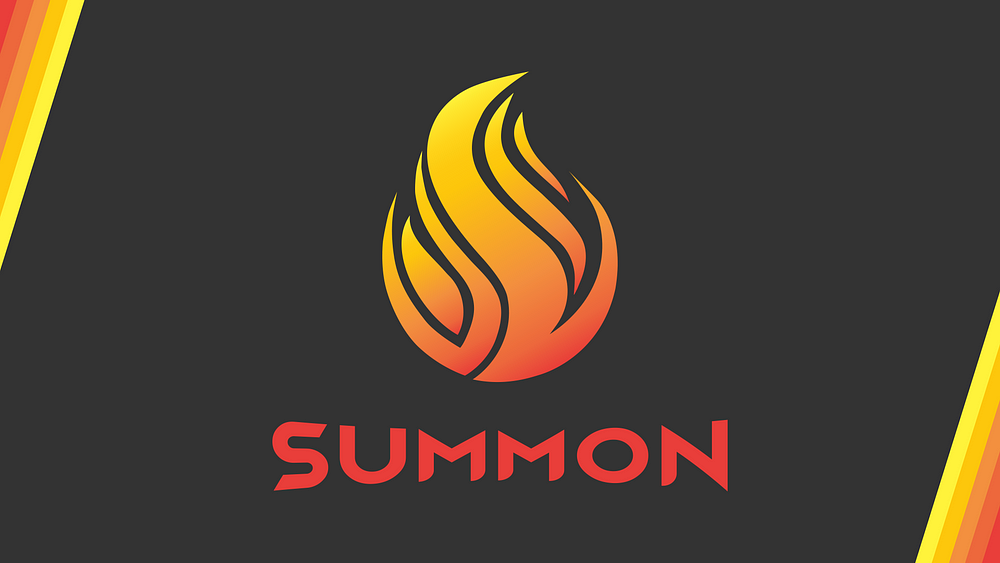Blockchain technology has revolutionised the way we think about storing, managing, and transferring data and assets. It allows for decentralised, transparent, and immutable transactions, which can be verified by anyone on the network. However, with great power comes great responsibility, and managing a decentralised system can be challenging.
This is where governance comes in. Governance refers to the processes, policies, and decision-making mechanisms that guide the behaviour of the actors in a network. In a blockchain context, governance is important because it ensures that the network operates smoothly and effectively and that the interests of all stakeholders are represented and protected.
One of the most notable examples of governance in blockchain is the concept of Decentralized Autonomous Organizations (DAOs). DAOs are essentially digital organizations that are run by smart contracts on a blockchain. They allow for decentralized decision-making, where members can vote on proposals and make decisions collectively. This creates a more democratic and transparent system, where all members have a say in the direction of the organization.
However, DAOs also come with their own set of challenges. For example, it can be difficult to ensure that all members are acting in good faith and not trying to manipulate the system for their own benefit. This is where governance mechanisms such as voting thresholds, quorum requirements, and dispute resolution mechanisms come in.
Challenges of DAO’s
Crafting a DAO is no easy feat, for it involves meticulous planning and thoughtful implementation of governance mechanisms. The success of a DAO hinges on ensuring that all members are acting in good faith and not manipulating the system for their own benefit — a challenge that must be met head-on.
One potential obstacle that DAOs face is the risk of Sybil attacks, which occur when an ill-intentioned actor creates multiple fake identities to sway the outcome of a vote or decision. To counter this, DAOs may implement identity verification processes or restrict the number of votes that each member can cast.
In addition to this, DAOs must also ensure that decisions are made equitably and transparently. For example, while voting mechanisms are often used to make decisions, these can be vulnerable to collusion and vote manipulation. As a solution, DAOs may enforce quorum requirements or voting thresholds to guarantee that decisions are made with a minimum level of participation.
Dispute resolution can also pose a challenge for DAOs, especially when members have competing interests or there is a disagreement over a decision. DAOs may employ dispute resolution mechanisms like arbitration or mediation to ensure that conflicts are addressed in a decentralised and impartial manner and that decisions are reached in a fair and transparent way.
By carefully navigating these challenges and implementing robust governance mechanisms, DAOs can unleash their full potential as a decentralised and democratic force in the world of blockchain technology.
However, for many projects, building their own DAO and governance mechanism can be pretty low on the priority list due to the Development time it takes to launch and build the required infrastructure.

The Summon Platform
The emergence of Web3 technologies presents an opportunity to shift organisational structures towards more cooperative governance models. A platform that allows projects to launch decentralised autonomous organisations (DAOs) quickly has been developed, which is known as Summon. The platform is based on Cardano’s Plutus-Core technology and a strong understanding of off-chain code to enable decentralised coordination and governance.
Creating a smart contract-based DAO on Cardano with the Summon Platform is as simple as setting up a personal wallet. This technology is expected to broaden its appeal and attract new markets seeking to improve their efficiency by simplifying the DAO creation, collaboration, and management process.
Furthamore, as a not-for-profit Verein registered in Zug, Switzerland, the Summon Association benefits from the well-defined regulatory framework for digital assets and financial technology.
Summon Association leads the development of the Summon Platform, and a group of developers has been engaged to further the research and implementation of DAO technologies.
The development group is organized as Summon Labs LLC, a Wyoming limited liability corporation, and its members have previously worked together as part of ADAO.
The Summon Platform consists of open-source, on-chain code, off-chain computation code, and server code that runs on the back-end, hosted by the Summon Platform.
The Summon team will take advantage of open-source code being developed by the ADAO Community and other Cardano organizations, contributing to those repositories to advance the ecosystem. Summon will also develop off-chain code that will remain closed source to protect proprietary products.
The Summon Platform allows for users to create, update, and manage DAOs, and it also allows for DAOs to manage other DAOs via a controlling stake. This means that DAOs can directly interact with Decentralized Finance (DeFi) systems in a variety of contexts, subject to specific criteria predetermined by the DAO.
Some of the distinguishing elements of the Summon Platform include the ability to utilize different strategies to collect a return in DeFi and having these strategies directly implemented into Plutus-Core validators.

The official tokens of the Summon Association are called Summon DAO Tokens (SUMMON tokens), which provide several forms of utility. SUMMON tokens serve as a decentralized governance mechanism for the Summon Platform, and holders of Summon tokens are considered part of the Summon Member Community.
They are eligible for representation at the Summon Association Assembly according to its Articles of Association. This will provide an incentive for active interest and utilization of the token by the user community.
Summon brings the opportunity for the average Cardano user to create DAOs around the Agora standard, while operating with high levels of capability in DeFi and interoperability.
Thanks to its modular and flexible design, Summon will also be a logical governance platform for any advanced protocol or project on Cardano.
Summon in currently in Pre Prod Testnet and are looking for as much feedback from the community as possible. So if you’re interested in Governance and DAO’s be sure to go take a look.
I also spoke to Gabe and Tom from Summon on the Exploring Cardano Podcast, be sure to check it out.










